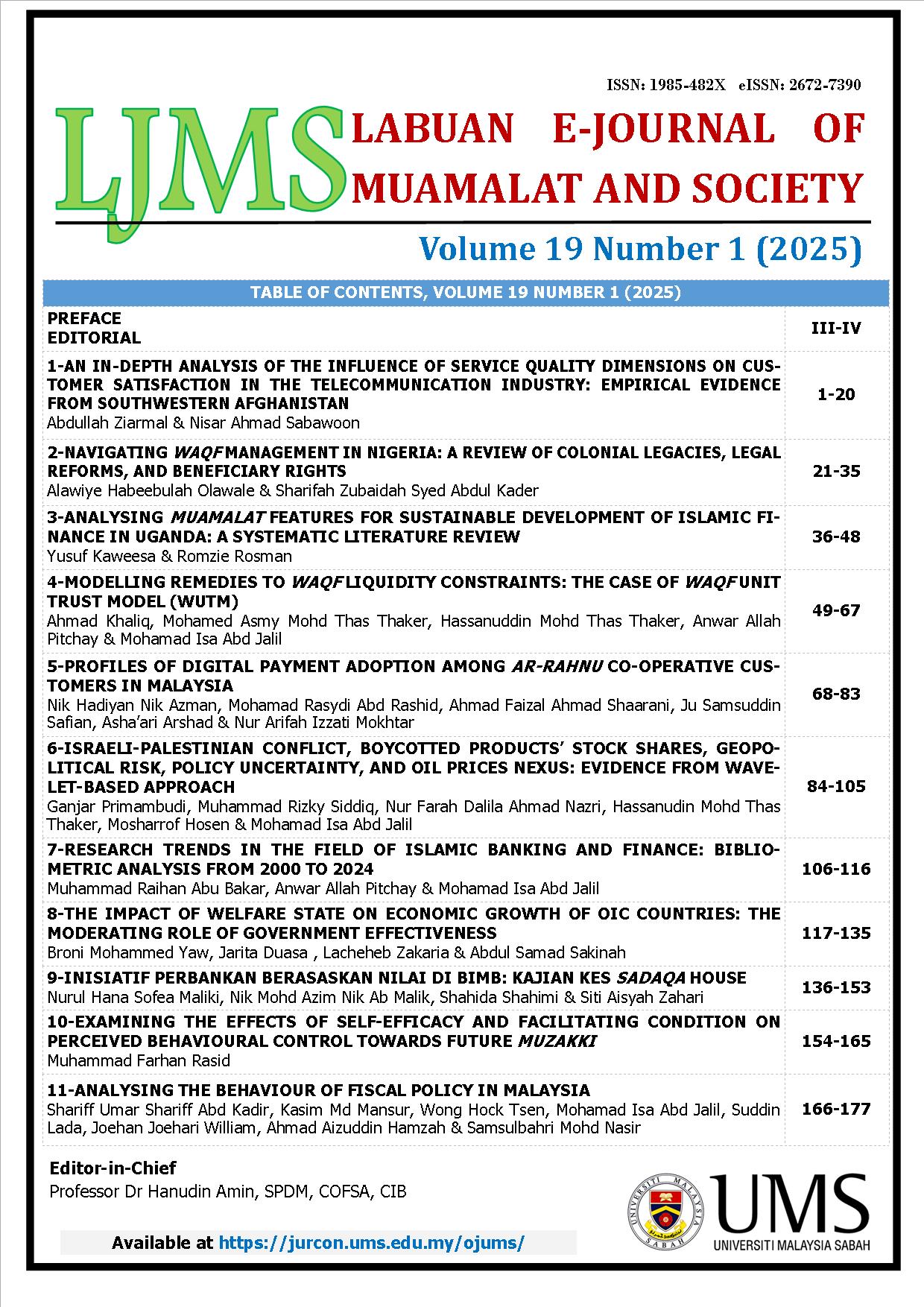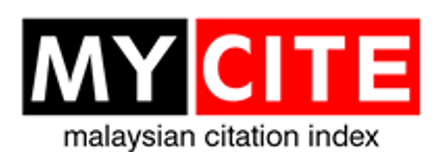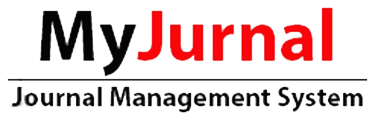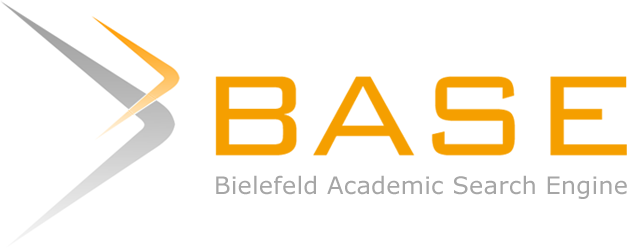NAVIGATING WAQF MANAGEMENT IN NIGERIA: A REVIEW OF COLONIAL LEGACIES, LEGAL REFORMS, AND BENEFICIARY RIGHTS
DOI:
https://doi.org/10.51200/ljms.v19i1.5567Keywords:
Waqf management, Legal framework, Downward accountability, Northern Nigeria, Western NigeriaAbstract
This article examines the complexities of waqf management in Nigeria, focusing on colonial legacies, legal reforms, and the rights of beneficiaries. Waqf, a religious endowment under Islamic Law, has a rich history in Nigeria dating back to pre-colonial times. Findings show that colonialism has significantly hindered the growth and efficiency of waqf institutions, leaving many in disarray by the time of Nigeria's independence. Despite efforts to revive these institutions post-colonization, issues such as lack of transparency, accountability, and formal structures persist. This trend has contributed to the marginalization of waqf beneficiaries and affected waqf administration in Nigeria, particularly in Western Nigeria, where government support is minimal. This study adopts a qualitative methodology, relying on secondary sources such as historical documents, legal texts, and scholarly articles to explore the legal and administrative system in the Nigerian waqf sector. This article highlights the necessity for a robust legal framework and the establishment of formal waqf bodies to enhance waqf sustainability and beneficiary rights. It advocates for a rights-based approach to waqf governance, emphasising the need for beneficiaries to participate actively in decision-making processes to protect their interests.
Downloads
Published
How to Cite
Issue
Section
License
Copyright (c) 2025 Labuan e-Journal of Muamalat and Society (LJMS)

This work is licensed under a Creative Commons Attribution 4.0 International License.











